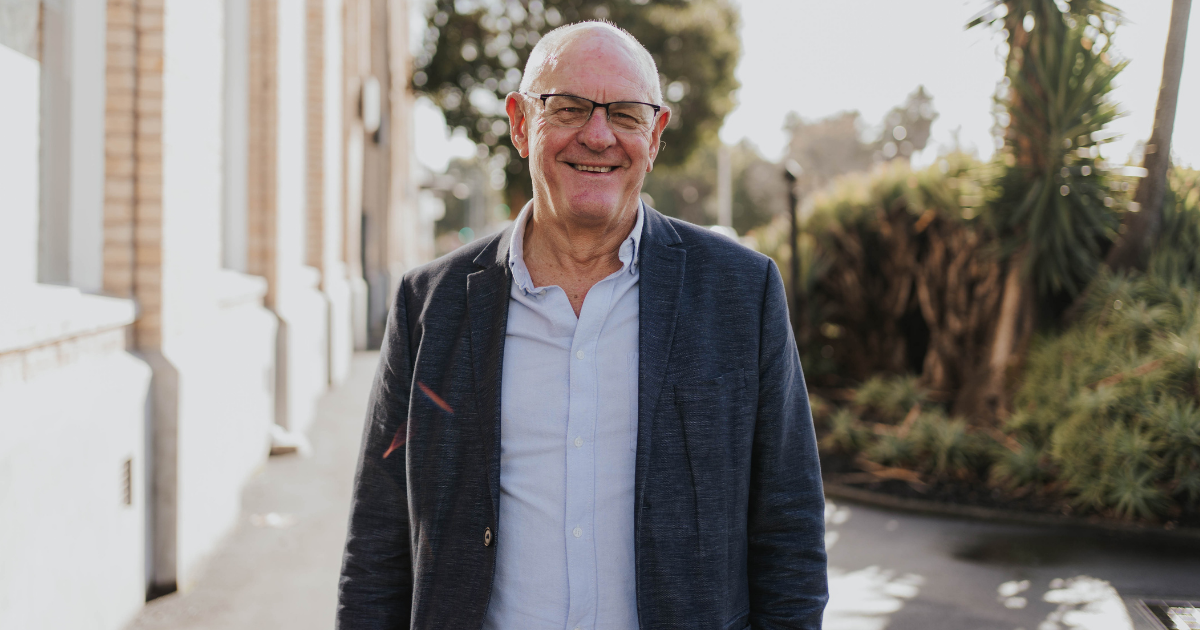5 Things to expect when you Start at CGA
Read now/f/90801/720x595/8067d4094a/online-classes-student-athalia.png)
Задать вопрос
/f/90801/1120x555/9e67397a73/students-grid.png)

The global Covid pandemic illustrates starkly how globally interconnected we are; there is no longer such a thing as isolated issues and actions. Internationalism and globalism have, for example, produced an international market place which surmounts national borders, and the same lack of borders is now appearing in education. The spread of transnational schooling is a growing trend which will continue to expand in the future.
Around the world, the leading schools are global; think of Harrow, Dulwich, Wellington College UK, Shrewsbury, Malvern College, Wycombe Abbey and many others. These traditional independent UK schools have built links with overseas providers of learning. There are over 60 UK independent schools that have set up offshore campuses, educating over 40,000 students; 26 of these schools were in China and 13 in the Middle East. Great schools are clearly becoming increasingly networked through a rich variety of alliances and interactions.
And so is CGA and Crimson, with blossoming alliances and partnerships with a number of the largest school conglomerates in the world, notably Dulwich International. Being part of a global network of schools is a vital part of the CGA future, one in which our CGA students have a great opportunity to become global citizens through an education and a curriculum that is self-consciously international.
Students who are fortunate to attend an international school like CGA, and aiming to become global leaders of the future, will as a result of their attendance gain a remarkable insight into people and cultures across the world, and an unprecedented concern for the wellbeing of the world community. They will develop a greater global consciousness.
This is because CGA has a global reach and enrolment which has given us an excellent insight into key global competencies. Our CGA students live in over 25 countries and our teachers are also located in over 15 countries, so it is not surprising that our students quickly develop a global mindedness that enables them to understand cultural influences from diverse backgrounds; to develop self-awareness to interact with students from culturally diverse backgrounds; to having a positive mindset about learning from others and so learning cultural empathy, and appreciating the ways that other students view themselves and the world around them. They will experience an education that reduces ethnocentrism, increases knowledge of other cultures and promotes a concern for global environment issues.
Our global CGA teachers also bring with them a diversity of perspectives and help us develop and refine our competencies and student outcomes. Our curricula are also international and aim to educate with the world in mind, focusing on taking and valuing multiple perspectives, communicating respectfully and promoting social and environmental wellbeing.
It is a certainty that a CGA education will help develop in our students a view of the world in which they see themselves closely connected to the global community and assume a sense of responsibility to its members. They will gain an awareness of the interrelatedness of all nations and peoples, and a recognition of the complexity of these relationships
Indeed, future CGA school leavers will undoubtedly find themselves in an international workplace or an international tertiary institution, and in competition with people from other countries. Their credentials on leaving school must have international currency. It is no longer good enough for students to compare their performances only against those of other students in the same city or country. This is why at CGA students study the rigorous and internationally recognised International A Level curriculum provided by Pearson Edexcel and Cambridge Assessment, a curriculum offered and recognised around the world.
One thing is certain, and that is that CGA students are part of an educational globalism. Bill Gates, founder of Microsoft, put it well when he said:
I do think the 21st Century is about a more global view, where you don’t just think, yes, my country is doing well, but you think about the world at large.
Our CGA students are fortunate that they study in such a global environment.